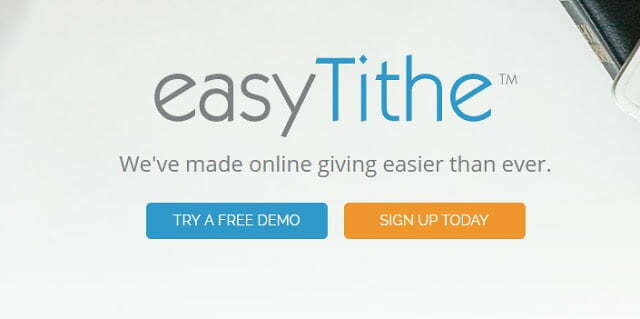Table of Contents
Are you an international founder trying to figure out what options are best for your US visa? We’ll walk you through your options. Starting a US business is an exciting endeavor! However, if you are not a US citizen, being able to live and work in the US can be a difficult situation. We are here to help. Learn more about the most common work visa paths for startup founders in this guide.

visa-passport-for-founders-1
Work visas don’t have to be an obstacle in your path to starting a U.S. business. If you’re interested in living and working in the U.S. as an entrepreneur, you’ll need to secure a work visa. Work visa options run the alphabet, so we’ve narrowed it down to the most common options for startup founders.
Check out more:
Visa Questions Answered: Your Comprehensive Guide to US Immigration FAQs
O-1 for persons with extraordinary abilities
The O-1 visa allows individuals to live and work temporarily in the United States for three years.
Who qualifies?
“Exceptional ability” basically means the visa is awarded to top performers in their field of expertise in technology, business, science, or the arts. To be eligible, you must meet at least three of the eight criteria. The O-1 is based on merit, not credentials. Unlike the H-1B, the O-1 does not require a college degree or salary requirement, so people from a wide variety of backgrounds can qualify, from venture-backed founders to graphic designers. Check out this post to go deeper into the O-1 criteria.
What are the other benefits?
You can apply anytime, anywhere in the world, but you must establish your business in the United States. You can apply for a three-year visa extension as many times as you need, as long as you continue to meet all of the qualifications. Being approved for an O-3 visa is often a stepping stone to applying for permanent residency. If your goal is to live in the United States long-term, switching from the O-1 card to the Green Card may be an option for you to consider.
E-2-Investor Visa
The E-2 visa allows citizens of certain treaty countries to make an investment in a U.S. company and thereby enter the U.S. to work for that company. Startup founders often provide the seed capital to start their company. If this investment qualifies the founder for an E-2, he or she is able to run the company and live in the U.S.
What are the other benefits?
The E-2 visa is valid for five years and allows your dependents to attend school or work.
TN for Canadian and Mexican citizens
Canadian and Mexican nationals working in certain fields (mainly STEM) can apply for this 3-year visa if their post-secondary education matches their job offer. Canadian candidates can apply directly at the border with a passport, application and documentation. Mexican citizens can apply for this visa by submitting an application by mail to USCIS.
H-1B
We hear a lot about the H-1B program in the media. It is often viewed as the default option for tech workers. The H-1B is a temporary work visa that allows employers to hire workers in a specialized field. 85,000 H-1B visas are issued annually. There are almost always more H-1B applicants than are available. To meet demand, USCIS holds an annual “lottery.” About 30% of applicants are randomly selected.
L-1 Intra-company transferred recipient
The L-1 visa allows companies to temporarily send executives or professionals from overseas offices. The L-1 is not particularly common in the startup world, but it is an option for companies whose employees abroad need them temporarily in the U.S. You must have at least one year of work experience as an employee of the company before you can enter the U.S. on an L-1 visa.
Taking the next steps
Applying for a work visa can seem daunting at first. Finding the right legal partner and determining your goals and timeline is a long journey. Don’t let work visas derail your plans. It’s never too early to discuss your options.

